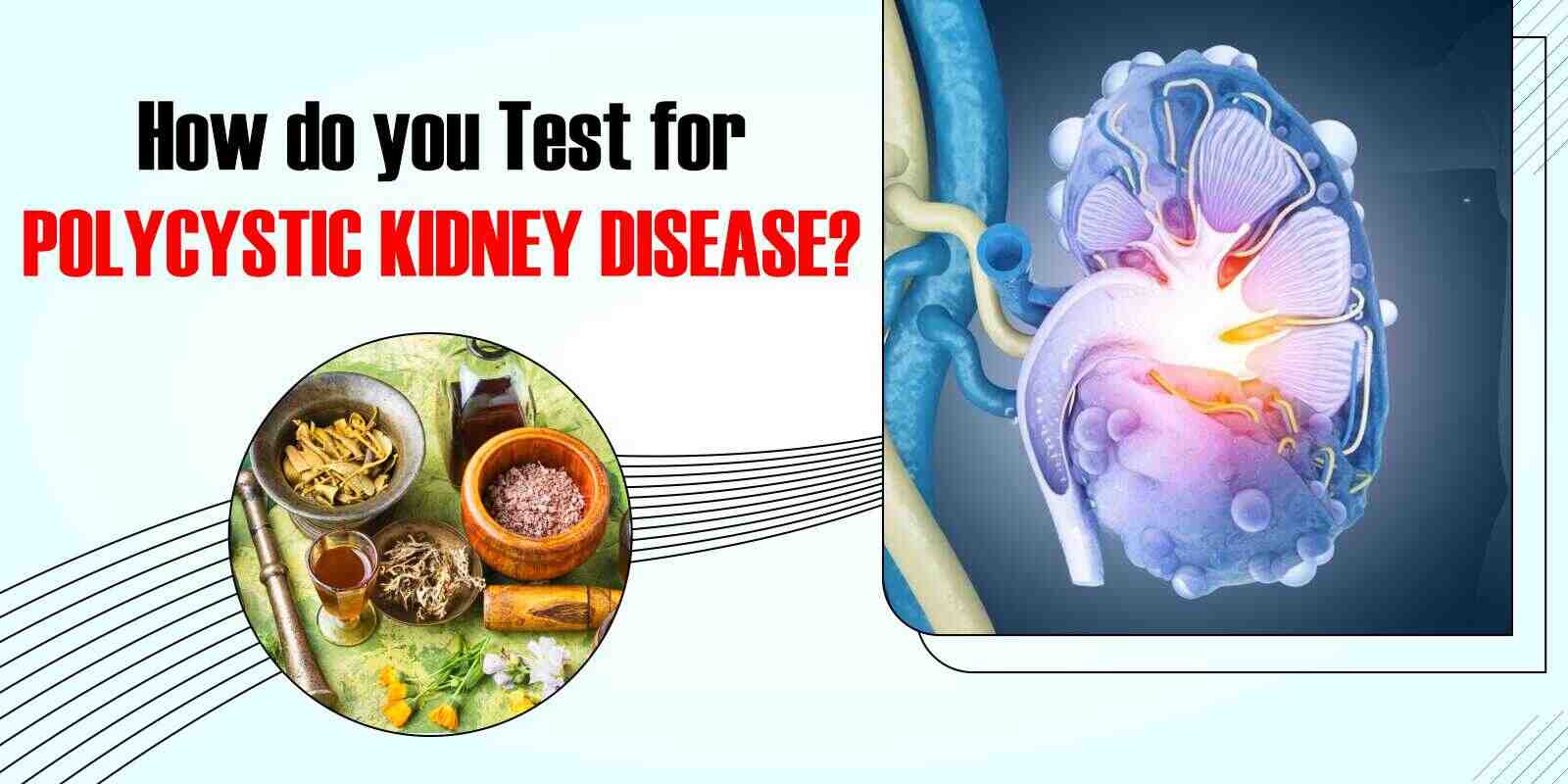
In a family, healthy genes play a major role in the health of individuals and their upcoming generations. If your past generations have not suffered from genetic disorders that run in the families, you can procure good health and vitality. Genetic disorders are like scars as they transfer from one generation to another and cause various health complications. Some inherited diseases can prove to be unhealthy for the body, and they target those major internal organs whose functioning is required to keep the whole balance of the body intact. One of those diseases is polycystic kidney disease.
Polycystic kidney disease is a genetic kidney disorder that can hamper the rate of functioning of the kidneys. PKD causes cysts that are the central reason for creating hindrance in the functioning order of the kidneys are the cysts. If your family has more than one case of polycystic kidney disease, then it is possible that the genetic disorder may run in the family.
Concerned about polycystic kidney disease? Book an appointment today for genetic testing and expert advice. Contact us via WhatsApp or call us now.
Polycystic kidney disease is the culprit that damages the kidneys to such an extent that they reach the verge of losing their functionalities over time and goes into Kidney failure or end-stage renal disease (ESRD). A strike of complications enters the body and creates obstructions for the kidneys as well as surrounding organs.
The underlying steps are the answer that can clear your doubts regarding,” What happens if I have PKD?”
Worried about polycystic kidney disease? Get personalized guidance and treatment options. Schedule your consultation via WhatsApp or call us today.
The health care provider would perform the following tests on you to diagnose polycystic kidney disease.
Mutations in the genes are the leading cause of polycystic kidney disease; that is why Genetic testing for polycystic kidney disease is done in order to complete the review of family history. Genetic testing is a medical test that is performed to detect mutations in genes, chromosomes, and proteins. Genetic testing for polycystic kidney disease provides confirmation for the diagnosis of the genetic kidney disorder. Along with the diagnosis, it also determines the PKD patient’s condition regarding the progression of the disease and the rate of developing or transferring the genetic kidney disorder.
IMPORTANT: If you want to undergo Genetic testing for polycystic kidney disease, you need to seek advice from a certified genetic counselor. He can help you decide whether you want to opt for this test or not. Because this gene examination test has its pros and cons.
If you have PKD, this is the final step to help you find a suitable treatment for the inherited kidney disorder. Allopathic treatments have limited options for the treatment of polycystic kidney disease. Modern medical practitioners use artificial machines that give life support to the kidneys which is called dialysis, and its procedures can temporarily function as artificial kidneys. But it is not a permanent solution to your complications.
Polycystic kidney disease treatment in Ayurveda is the final destination that can naturally help you get rid of the PKD complications. Ayurveda states that one can acquire natural healing from health issues if he follows the fundamental principles of ayurvedic treatment accordingly. Polycystic kidney disease treatment in Ayurveda prescribes herbal medications that are produced using ayurvedic kidney-friendly herbs, which boosts the impaired kidney function and heals the damaged organs. Herbal medications are 100% free from drugs or any supplement. There is no dialysis or a renal transplant involved in Polycystic kidney disease treatment in Ayurveda. Changes in the diet and lifestyle are done to control the progression of high blood pressure, cholesterol, and diabetes- A balanced diet keeps these levels in balance and nourishes the damaged muscles and tissues.
Looking for a natural solution for PKD? Opt for Ayurvedic treatment. Book your consultation today via WhatsApp or call us now for expert advice.
However, the motive of Polycystic kidney disease treatment in Ayurveda is the enhancement of the patient and his family’s mental, physical, and financial well-being. Find peace from the recurring symptoms and complications of PKD by opting for an affordable, effective, and permanent treatment originating from the ancient medicinal science of human anatomy- Ayurveda.
Disclaimer: Consult the ayurvedic doctor before consuming ayurvedic medications and have the ayurvedic treatment under a well-certified ayurvedic kidney care hospital. For appointments, call our 24×7 helpline: +91-9821929797 or visit www.karmaayurvedahospital.com.
"Ayurveda is not just a system of medicine; it's a way of life. Connect with us to embrace a lifestyle that nurtures your body, mind, and soul."

Certificate no- AH-2023-0186
JAN 05,2023-JAN 04,2026